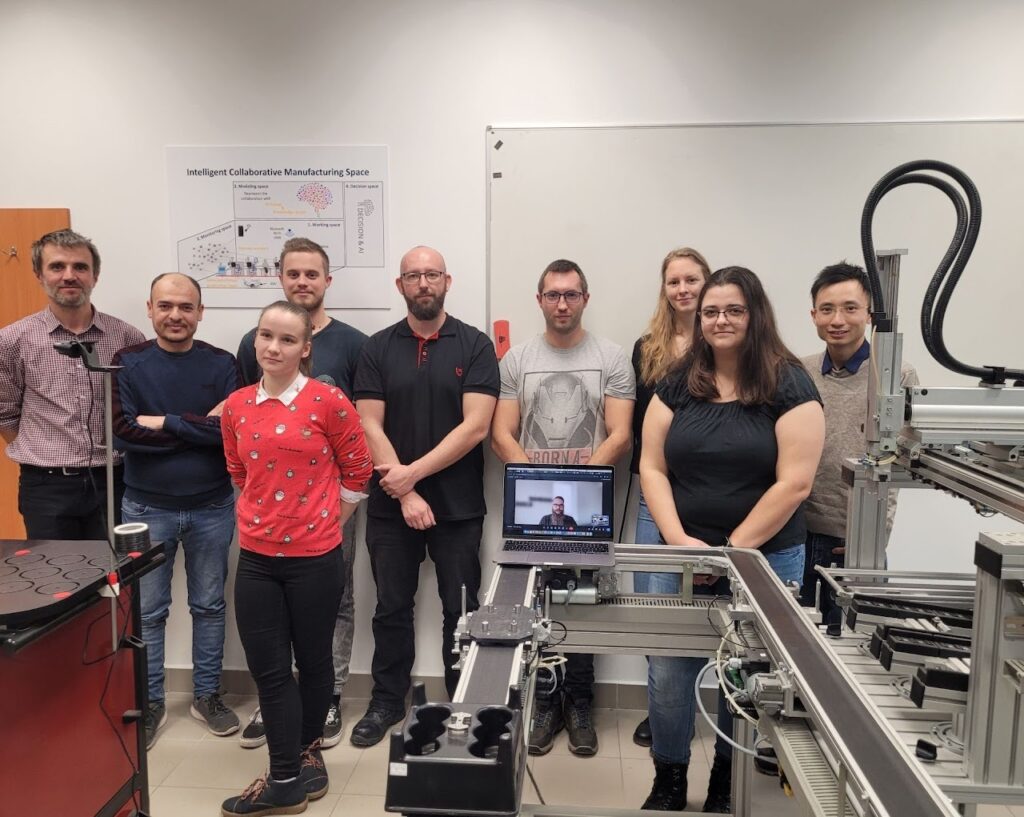Name of the research leader
János Abonyi
University of Pannonia
Vice-Rector, Vice-Dean for Science and Strategy

Támogatás összege
25 209 260 Ft
Brief description of the research
In order for the European economy to be sustainable and competitive, a digital and green transformation of industry is needed. The European Commission, which is fostering this transformation, has defined an “Industry 5.0” strategy to improve people’s quality of life, create jobs and grow while respecting the limits of the natural environment, complementing its economic development agenda, which it has proclaimed as the fourth industrial revolution, with a sustainable and human-centred approach to research and innovation. According to the EU, achieving these goals requires the development of a “systems approach”, which, through the application of artificial intelligence, is capable of identifying and effectively managing the causal links between the elements of dynamically interacting systems.
Letöltések
The research programme will focus on issues of particular relevance to the development of Industry 5.0 solutions.
- Development of digital twins and simulation technologies: multi-scale dynamic modelling, simulation and measurement of environmental and social impacts.
- Developing data analytics technologies: sensor networks, interoperability, machine learning-based intelligent solutions for edge computing systems.
- Developing artificial intelligence solutions: exploring cause and effect relationships, analysing network effects, increasing robustness, swarm intelligence, person-centred AI, informed deep learning, human-machine matching.
To achieve the above objectives, the research focuses on the following methodological developments:
Komplexitás kezelése modellezési, szenzorfúziós és állapotbecslési eljárásokkal
- Managing complexity with modelling, sensor fusion and state estimation techniques
- Managing temporality with time series and event analysis
- Interconnectivity management with graph databases and multilayer networks
- Managing spatiality with targeted clustering algorithms
- Decision support with multi-factor optimisation algorithm
The research takes a unique approach in the national research network to provide solutions
- Improving human-centred production and service systems and processes to increase robustness, flexibility and efficiency.
- Understand the complex issues related to sustainability and monitor natural, social, technical and economic systems in an integrated way.
This niche research group is composed exclusively of PhD students and talented early-career researchers under 35 years of age, who are critical for the next generation of researchers/teachers.




